
Nowadays, the public has come to understand the importance of consuming protein in maintaining a healthy lifestyle. Now that protein-rich foods are readily available at convenience stores, the number of people who consciously consume protein must be increasing. However, have you ever thought about the risks of consuming too much? In this issue, we will focus on the theme of “the amount of protein,” and introduce the appropriate amount and the disadvantages of consuming too much.
Suponsered by
What happens if you consume too much protein?
Although there is not enough research to show that excessive protein consumption compromises health, it is believed to have a variety of health disadvantages. For example, some argue that excessive protein intake increases the burden on internal organs. It is said to lead to organ fatigue because it requires the liver and pancreas to break down proteins that have not been absorbed as nutrients. In addition, given that protein has 4 kilocalories per gram, there is no doubt that if the amount of protein consumed exceeds the amount of calories consumed, that amount will be stored as fat. Furthermore, unabsorbed animal protein reaches the intestines as it is and becomes food for bad bacteria, which can lead to a bad intestinal environment, so be careful not to consume too much.
Why do we need protein in the first place?
The reason why it is important to consume protein is that it is an essential nutrient for the body. It is used to form not only muscles, skin, nails, hair, and other external parts of the body, but also internal organs, bones, and all other parts of the body. In addition to that, it is also important for enzymes and hormones related to the various chemical reactions that occur in the body. If protein were to become deficient, muscle mass would be reduced, making it easier to get injured, and hair and skin quality would suffer. In addition, the immune system would be weakened, making the body less resistant and more susceptible to various diseases, so be sure to avoid a deficiency.
How much protein do I need per day?
Having introduced the necessity of protein and the disadvantages of excessive protein intake, how much is actually needed? In this section, we will introduce two patterns: the general recommended amount and the recommended amount if you are doing muscle training on a regular basis.
What is the generally recommended daily amount of protein to be taken?
The recommended daily amount for men is 60~65g. This figure is derived from average height & weight, so it is recommended to use weight x 0.8~1g as a guide. Basically, if you eat three meals a day, including fish, meat, eggs, and other foods, you are not likely to be deficient in this amount. However, it is important to keep in mind not to eat an unbalanced diet so as not to lose the nine essential amino acids that cannot be synthesized in the body, which are the raw materials for protein.
What is the amount of protein a trainee should consume per day if he/she is muscle training?
There are various theories on the amount of protein required for a trainee. Basically, it is said to be 1 kg body weight x 1.2~2 g. However, some foreign papers say that the daily max is 1 kg body weight x 3.5 g and that long-term intake of more than 2 kg body weight x 2 g should be avoided. Since the amount of intake varies depending on one’s physique and goals, it would be best to adjust the amount to body weight x 2g. It is also a good idea to basically avoid taking protein with protein powder as a mainstay, and to try to get protein from your regular diet as much as possible.
What is the difference between animal and vegetable protein?
The difference between animal and plant sources of protein is the balance of essential amino acids and the absorption rate in the body. Most animal proteins contain all 9 essential amino acids, but plant proteins lack some essential amino acids. In addition, the absorption rate in the body is said to be 97% for animal protein and 84% for vegetable protein. Because of these points, animal protein intake tends to be a priority. However, too much animal protein intake may increase bad bacteria in the intestines, so it is recommended to include plant protein as well.
What foods are rich in vegetable protein?
Plant protein is abundant in grains. Grains with low refining rates are excellent, especially soybeans, which are the source of protein. Soy products such as tofu, natto (fermented soybeans), whole grain bread, pasta, and soba noodles are recommended as they are readily available. Alternatively, soy protein, which is made from soybeans, is another easy way to consume protein.
Click here for details and purchase
Is it wrong to drink too much protein?
Drinking too much protein at one time can lead to overdose. Basically, the amount of protein absorbed from one meal is said to be 0.7 times the lean body mass, so 40g~50g is the standard. Depending on the timing of the drink, it would be better to drink 1~2 spoons of the provided protein or about 20~40g of protein, taking into account the protein you take in from meals.
What foods provide efficient intake of protein?
Finally, here are some foods that provide an efficient source of protein.
Protein-rich foods: 1) “Whey protein
Whey, casein, and soy are the most common types of protein, but whey protein is the best choice for efficient protein intake. Protein is absorbed more quickly than other types of protein, and there are many different types of products available. They are divided into WPH, WPI, and WPC proteins in order of protein purity and speed of absorption.
Click here for details and purchase
Protein-rich food (2) “Chicken
It is a well-known fact that chicken is high in protein and good for bodybuilding. It has about 20 grams of protein per 100 grams, depending on the part, and is inexpensive and easy to purchase anywhere. Other meats contain the same amount of protein, but chicken is low in fat if the skin is removed, which should also help with weight loss. Breasts tend to get most of the attention due to salad chicken, but thighs and chicken chubs without the skin are also high in protein and low in fat, so incorporate them into your diet according to your preferences.
Protein-rich food 3) “Eggs
Eggs are not only rich in protein, but also in minerals and vitamins. Another key point is that they can be eaten in any way you like: raw, half-cooked, or fully cooked. It used to be said that one egg should be consumed per day due to cholestrol, but no clear standard has been established at present. However, since the yolk of an egg also contains a lot of fat, it is advisable to aim for two eggs a day at most.

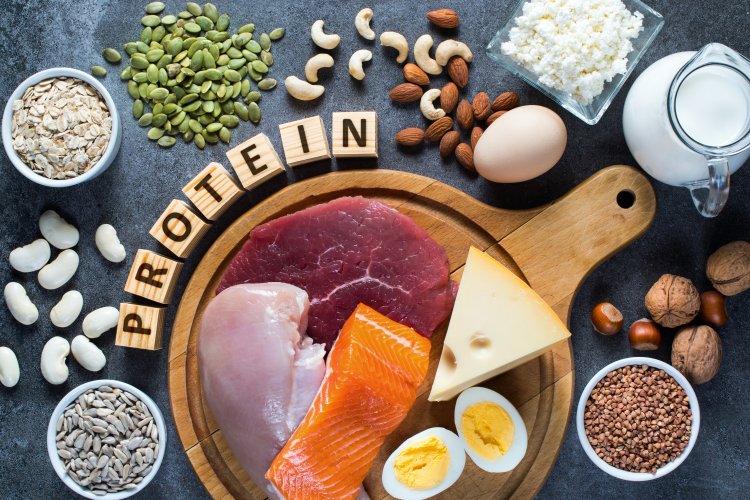
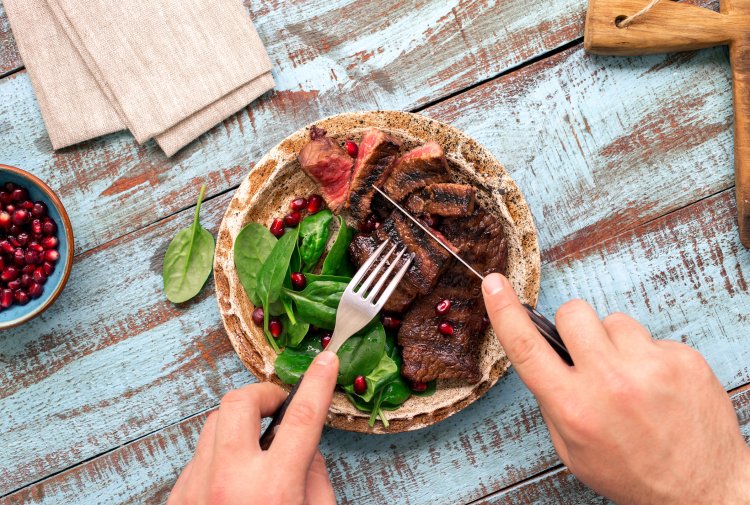

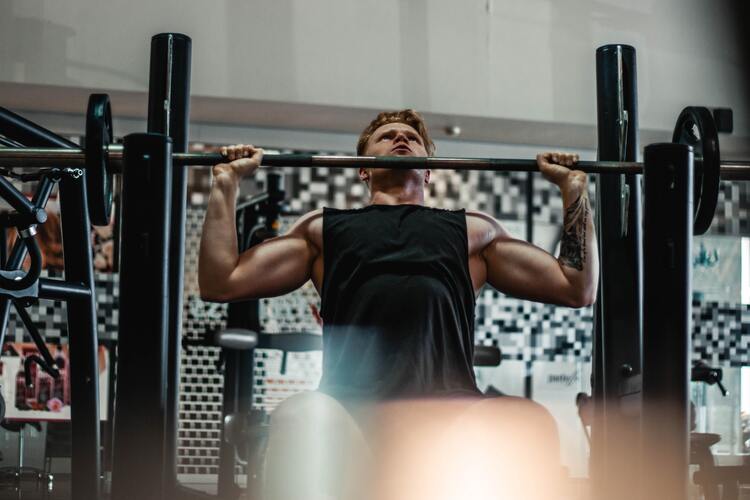
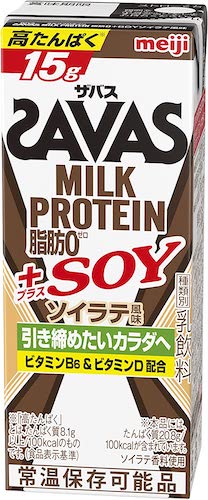

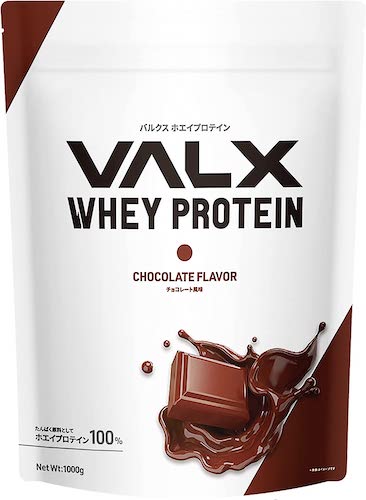
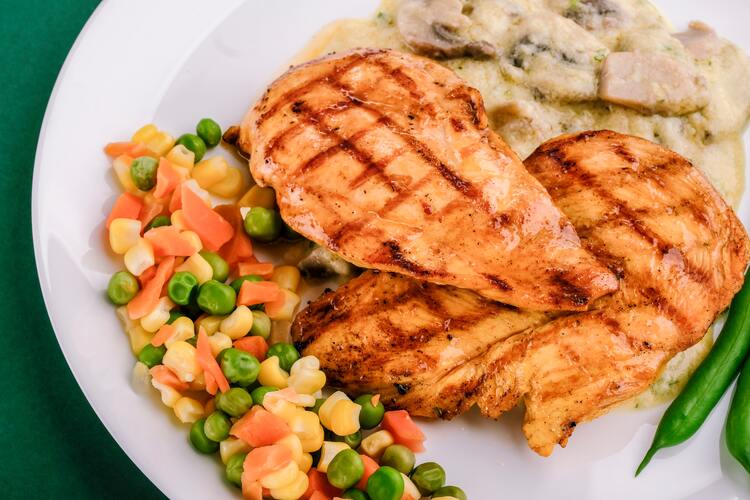
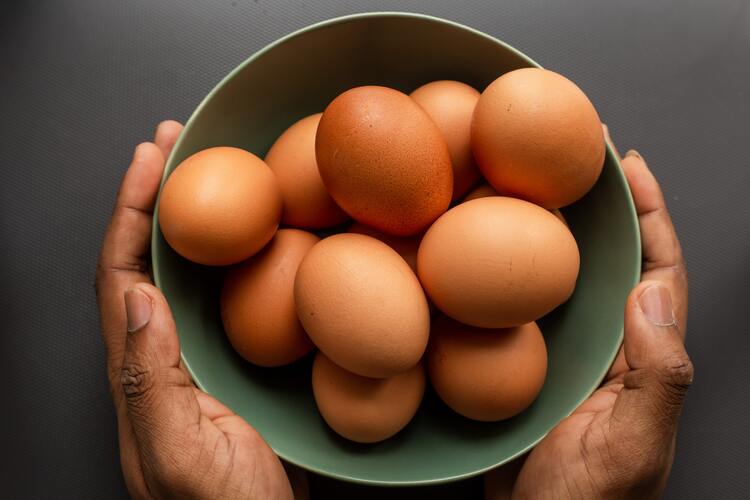





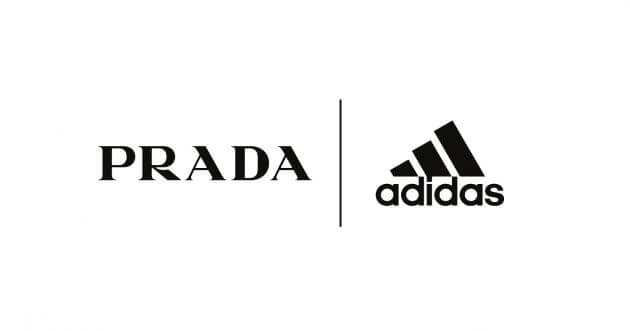







![Sneaker Codes Compilation [ Part 1 ] Introducing the hottest men’s outfits by color, silhouette and other categories.](https://otokomaeken.com/wp-content/uploads/2019/12/5a60293ed94c172b4564f9c83b88ab40-630x331.jpg)













![6 self-weight menus for leg training! Effective training for toning the lower body [ supervised by a professional ].](https://otokomaeken.com/wp-content/uploads/2023/03/2232-115x60.jpg)